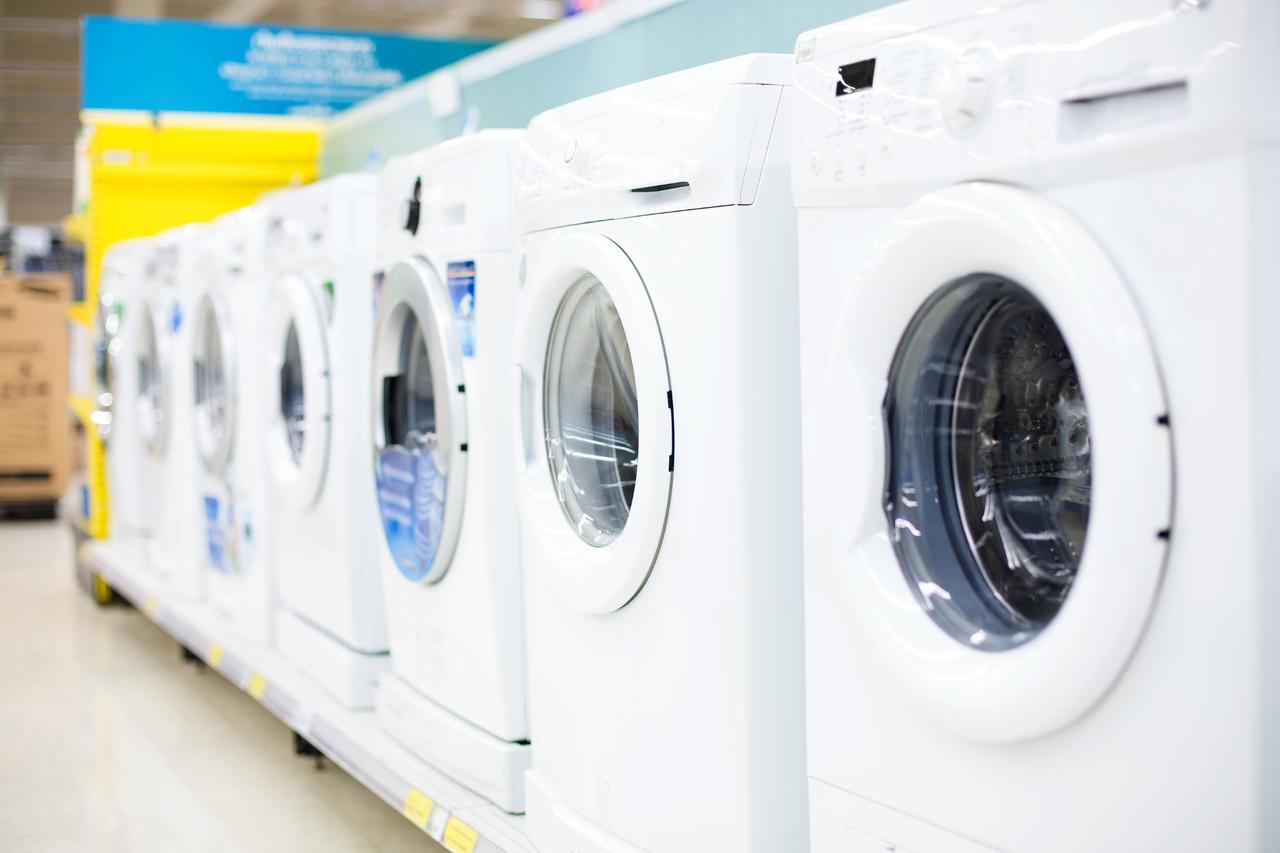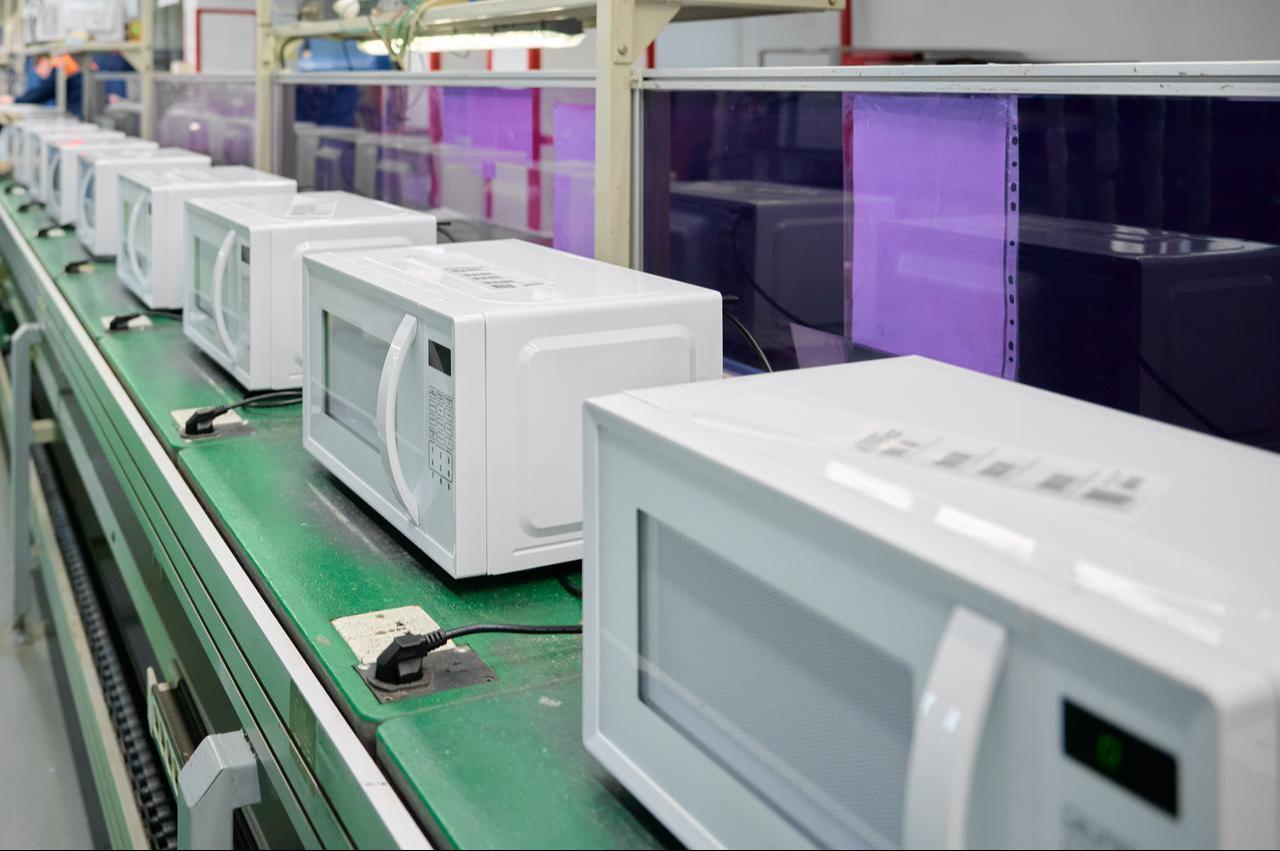
Türkiye’s home appliance industry remains under strain as weak global demand and growing foreign competition continue to weigh on exports, even as domestic sales showed a modest rebound in October, data from the White Goods Manufacturers’ Association of Türkiye (TURKBESD) showed.
Covering the January–October period, the association’s latest report shows that Türkiye’s white goods production dropped 9% to 25.5 million units, matching a 9% fall in exports and a 5% decline in domestic sales year-on-year.
In October, domestic white goods sales in Türkiye rose 8% to over 836,000 units, led by a 16% surge in washing machine demand, but this modest recovery was offset by a 15% drop in exports and a 9% decline in production, with total output at 2.54 million units and exports falling below 2 million.
Among the six main product categories, refrigerators, washing machines, dishwashers, ovens, deep freezers, and dryers, washing machines saw the strongest domestic momentum, while deep freezers were the only segment to post an annual decline, falling 4%.
Dryers stood out as the only group to register growth in both exports and production, rising 6% and 5%, respectively, whereas washing machine exports tumbled 35% and refrigerator output contracted by 24%, reinforcing the sector’s exposure to external demand and uneven performance across product lines.
TURKBESD Chairman Alper Sengul noted that overall market volumes continued to shrink despite the monthly recovery in local sales. "Simultaneous contractions in both domestic and foreign demand are exerting sustained pressure across the sector," he said.

Echoing Sengul's view, local lender Sekerbank’s brokerage arm, Seker Investment, stated that October data point to a fragile industry outlook shaped by persistent weakness in production and exports, despite limited support from domestic sales.
"The October figures show that the modest increase in local demand is not sufficient to alter the broader negative trend," the firm said in its report.
"The uneven performance across product lines highlights a growing imbalance in demand patterns," Seker Investment noted, adding that losses in key segments continue to weigh on the sector’s stability.
External challenges are also intensifying, particularly from Chinese manufacturers expanding their presence in global markets through aggressive pricing.
“China-based firms, benefiting from economies of scale, are applying pricing strategies that weaken Türkiye’s competitive position, especially in Europe, while eroding market share and compressing profit margins,” the brokerage said.
"The current environment reflects a structurally vulnerable sector under pressure from declining capacity utilization, rising input costs, and intensifying international competition," the report concluded.